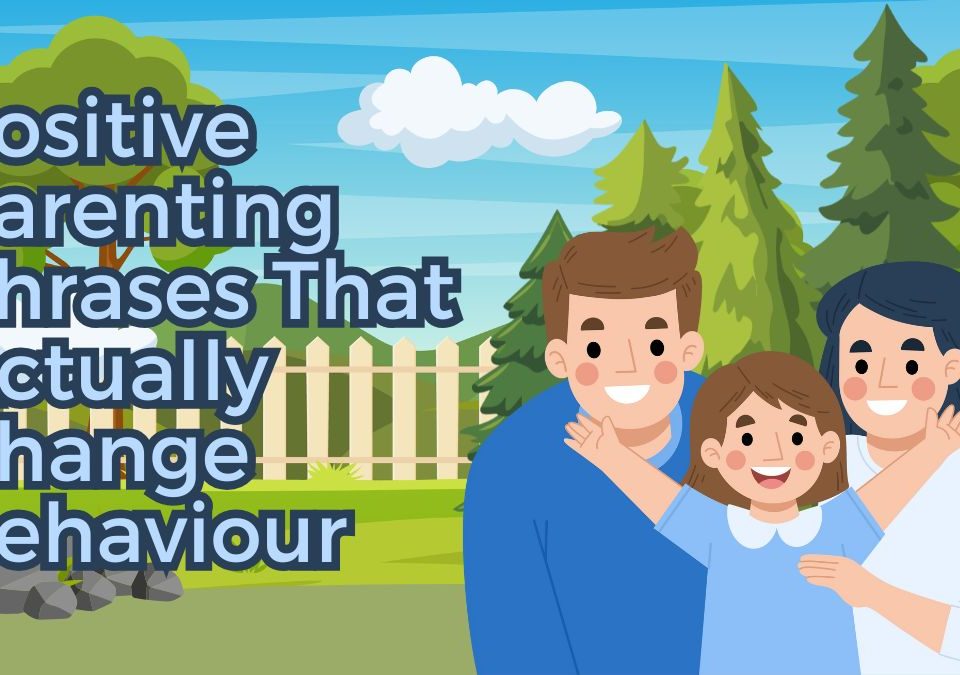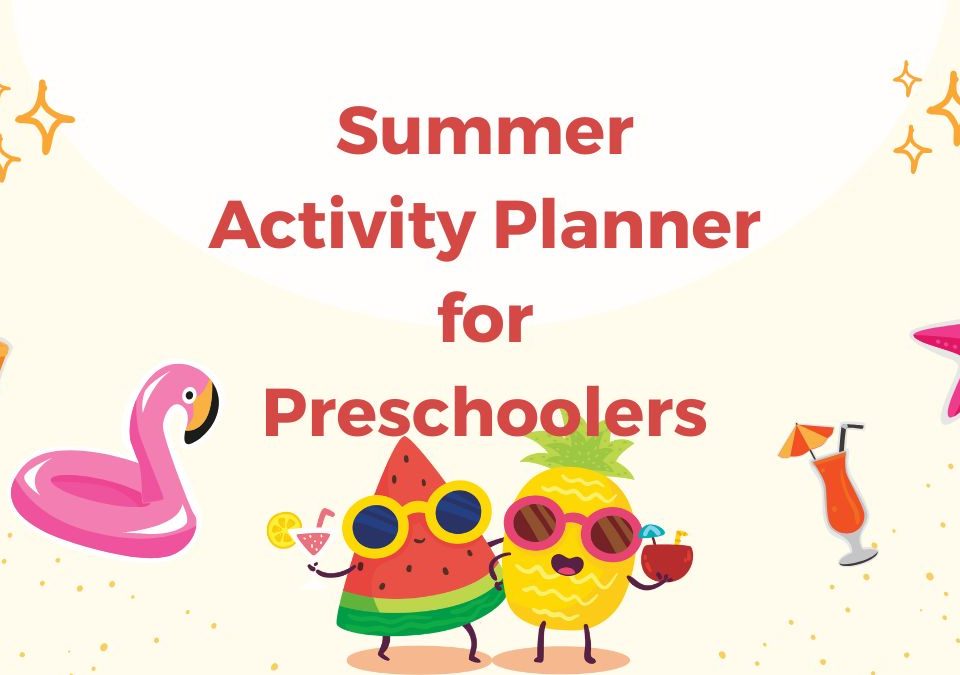
Ten Ways to Be a Better Dad
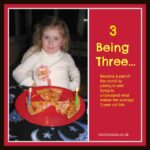
What’s it like being a three year old?
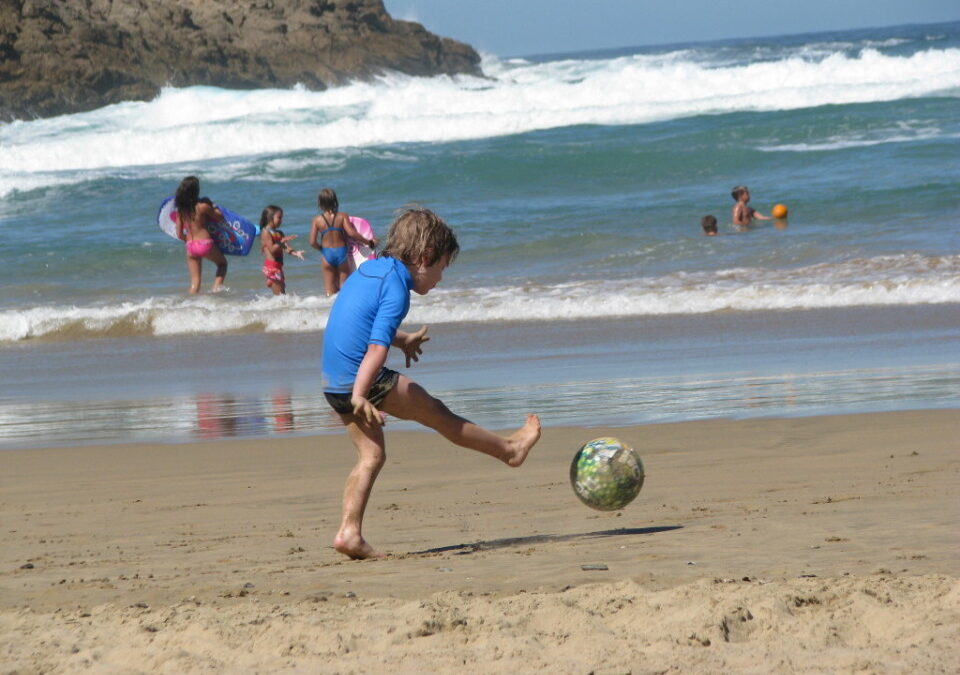
You are your child’s first role model. You are your child’s first and best teacher. Your baby learns from observing you, how you interact with him and other people, and the way you go about your daily tasks. Your relationship with your child is his first and most significant, and it will create the basis for the relationships he will make with others in the future. Babies learn through imitation. Take advantage of this and use his copycat instincts to encourage the desired behaviour.
Table of Contents
Modelling behaviour for your baby
As your baby grows, your influence on him will become more obvious.
By giving your baby lots of positive attention; he learns to value himself, by reading to him, teaching him healthy habits, and treating him with care and love, he will be better equipped to form positive relationships with other people and develop healthy habits in adulthood. Modelling this behaviour in your own life is equally important.
- Take time to read yourself, and your child will notice and view reading as a positive activity.
- Spend less time on your devices when your children are with you so that they don’t see it as the norm- unless you are happy for them to spend time on devices as they grow older.
- Spend lots of time in front of the television or computer, and your child will learn that this is an acceptable way to pass time.
- Pay close attention to the words you use and how you speak. Even as a baby, your child is influenced tremendously by what you say and they will pick up on negative words and sometimes on those words you wish you had not said aloud (You know the ones I mean!).
- Take time to cook or prepare healthy meals. If your child sees that you use convenience or takeaways for every meal, they won’t learn to appreciate cooking, will likely have issues with weight and experience poor nutrition. Instil a love of cooking healthy meals by letting them see you cook and even have them join in.
- Spend time exercising and let your child see you doing it or all about what you are doing when you leave to go for a run or to the gym. Seeing you exercise and looking after health will help your child view it as part of life and they’ll be more likely to engage in exercise as they grow up.
- Talk to you child about what you are doing, why you are doing it, and how you feel. This teaches your child to process and understand actions and to learn about emotions.
Helping your Baby with Developmental milestones
Talking
- Talk lots, even if he is too young to understand everything you are saying yet. Explain your actions out loud as you do them, whether it’s changing a nappy or hanging up the washing. A running commentary of your day will help your child to learn patterns of language and increase his vocabulary. Your child loves the sound of your voice. The words and the tone stimulate his thinking skills, and soon he will be able to process and understand what you are saying.
- By around 12 months, your baby should try to copy what he sees others doing. From the tone of your voice to the foods you eat, to how you brush your teeth, your baby will try to imitate everything you do. It is important to provide your child with a positive role model.
Self-care
If you take care of yourself, your child will learn to do the same. If your child learns the importance of healthy food, physical activity, and taking time to sleep and relax at an early age, she is more likely to continue these habits into adulthood.
What about older children?
Unfortunately, it is a well-known fact that children do as you do, and not as you say…so how can you as a parent elicit the desired behaviour from your child?
Your toddler watches you to get clues on how to behave in the world. You’re her role model, so use your own behaviour to guide her. What you do is often much more important than what you say. As difficult as it often can be, lead by example: If you want your child to say ‘please’, say it yourself. If you don’t want your child to raise her voice, speak quietly and gently yourself. Each day your child is learning lots, from new words to new emotions. As she gets older she may be spending more time away from you, at preschool, daycare, or friends’ houses, it is important to remember that you are still your child’s first and best teacher.
By demonstrating healthy habits and positive relationships, you encourage your children to do the same. What she learns at home and from you forms the benchmark for how she will interact with other people and the way she views the world. You influence your child in uncountable ways through your behaviour, manners and language.
Toddler Developmental Milestones
Let’s look at some Developmental Milestones and how you can impact positively on them:
- As a pre-schooler, your child is becoming more independent and doing things without help, so it’s important to continue modelling healthy habits. By visibly keeping yourself healthy-from eating vegetables to brushing your teeth-your child will learn to do the same and assimilate this behaviour into her life.
- At this age, your child is still learning about emotions and how to respond to happiness, anger, frustration, and sadness. Take the time to talk to your child about emotions, how to name them, and how they make us feel. There are some great books available about feelings and how to cope with them. It is worth looking into your local library and borrowing some of these to use as a springboard into these topics. Most importantly though, model appropriate emotional responses yourself. If you are quick to lose your temper or raise your voice, your child will learn to do the same.
- Foster a sense of friendship and appreciation for others by speaking well of others and their actions, and how they make you feel. If a friend goes out of her way to do something nice, talk about it with your child. Let them see how much kindness is worth and how important it is in relationships. Or conversely, if you feel frustrated by a situation, discuss that with your child, too, and how you are going to handle it. Engage them in the discussion by asking them what they think you should do, or what they would do.
- Your child will be questioning actions, the how, the why, when and where of things. Take the time to explain why you do the things you do, from making a grocery list to folding the laundry. These explanations stimulate your child’s thinking skills and teach her about actions, consequences, and sequences of events. Even mundane chores, such as sweeping the kitchen, present an opportunity for your child to learn. Why do you hold the broom the way you do? In what order do you sweep the room? How do you get under the kitchen table? How do you hold the dustpan? Let your child help out, too, and she will learn even faster.
- Be aware of and careful what you say and how you say it! Your child imitates what she sees and she hears. This goes not only for the words you use but how to talk to different people. The tone of voice is just as important as the words used. The language you use is different when you are talking to a friend on the phone and when you are talking to a business associate. Your child will pick up on these differences by watching and listening. You can often see children demonstrating this when they are role-playing and pretending to be the teacher or parent…I know I can hear myself in my daughter when she is pretending in certain situations.
Being a good role model is easier than it sounds.
Take a moment to think about what sort of person you would like your child to become. Jot down the morals and values that are important to you and evaluate your own behaviour. Is there anything you need to change in order to encourage the desired behaviour in your child? Now put it all into action.
Here are a few areas you might like to consider:
- Personal health and hygiene (dental health, exercise, cleanliness)
- Good manners (Please, thanks, politeness, table manners etc)
- Respect for property (packing away, tidiness etc)
- Generosity and kindness to others (being helpful, doing nice things for others, volunteering etc)
- Control of emotions (Anger management, appropriate responses to situations)
Good luck and remember: you CAN and DO have an enormous impact on your child’s’ character. Handle it with care.
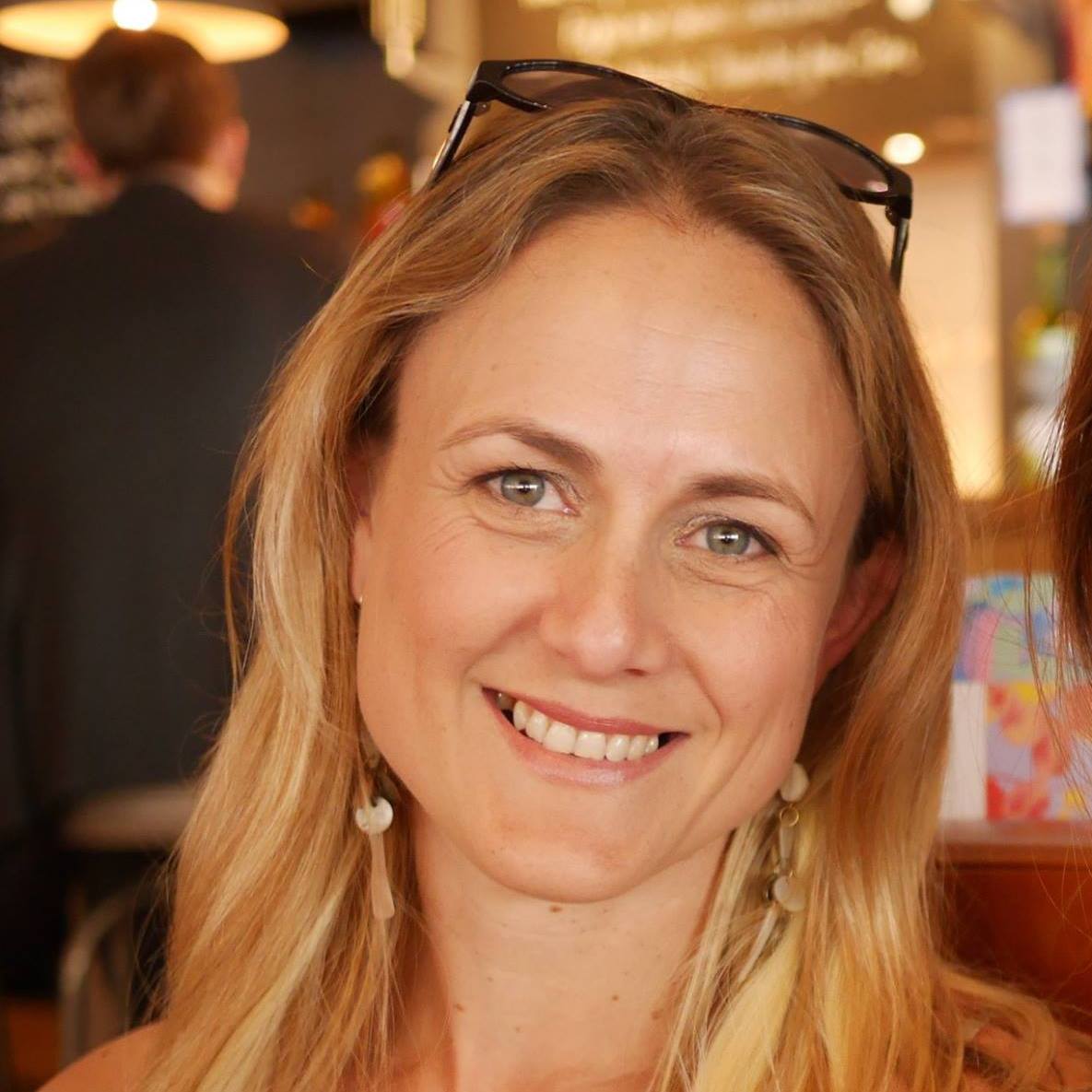
I am a preschool and primary school teacher and mum to 3 children. I have been involved in education since 1997 and have trained in a variety of educational specialist areas. It is with this expertise that I write articles to help parents and educators provide quality learning experiences for the children in their care.


